- The participation of the Multilateral Investment Guarantee Agency may be critical to both Guinea’s economy and local biodiversity
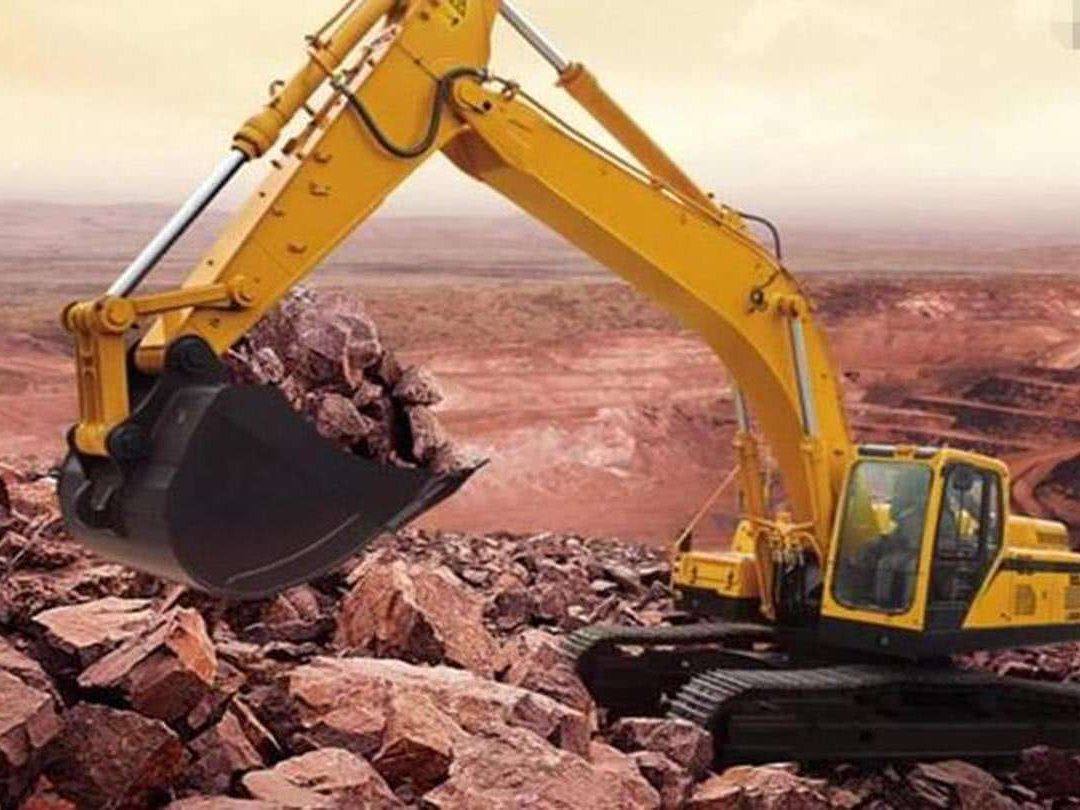
It is reported that the World Bank is considering an investment of US$135 million in Nimba iron ore in southeastern Guinea, which is owned by the Canadian HPX Exploration Company. HPX is a private company founded by mining tycoon Robert Friedland.
This move by the World Bank will help HPX cope with potential political risks associated with the exploration phase of the mine, including the completion of key studies before the construction and operation of the Nimba mine. According to a report by the French media "Africa Intelligence", the participation of the Multilateral Investment Guarantee Agency may be crucial to both Guinea's economy and local biodiversity.
The proposed open-pit mine is located in Mount Nimba in Guinea. It was listed as a strict nature reserve in 1944, and was listed as a World Heritage Site from 1981-82, because there are globally endangered species and local endemic species.
In 1993, the boundary between the strict nature reserve and the World Heritage Site was modified to exclude a keyhole-shaped area to allow mining in the proposed project area. HPX acquired Nimba Iron Mine in September 2019. According to a 2015 report by the United States Geological Survey (USGS), the Nimba project contains approximately 1 billion tons of high-quality iron ore. HPX is currently conducting research, hoping to make the annual output reach 20 million tons.
Guinea is also the host country of the famous Simandou project. For this project, Rio Tinto, Vale and the Israeli billionaire Beny Steinmetz's BSG Resources have been competing for many years.
However, Guinea has never exported a ton of iron ore because the country lacks the infrastructure to transport iron ore to local ports. Guinea has been struggling to profit from its iron ore for decades. Due to protracted legal disputes and infrastructure costs, Guinea's iron ore has not been developed.
In October 2019, Guinea and Liberia signed an agreement to allow several Guinean mines, including the Nimba project, to export through Liberian ports.
Friedland's company also needs to reach an agreement with the German steel giant Arcelor Mittal to allow the company to use its infrastructure. Arcelor-Mittal is the only railway concession holder in Liberia. The US-based environmental organization Conservation International is currently working with Arcelor-Mittal to ensure that local communities share the economic benefits of mining activities and have the right to protect the natural resources they depend on.
In the 1990s, Friedland made a fortune in the Voisey s Bay nickel mine project in Canada. Since then, he has participated in some of the world's largest mineral discoveries, including the Oyu Tolgoi copper mine in Mongolia and the Kamoa-Kakula project in the Democratic Republic of Congo.Editor/Huang Lijun
Comment
 Praise
Praise
 Collect
Collect
 Comment
Comment
 Search
Search


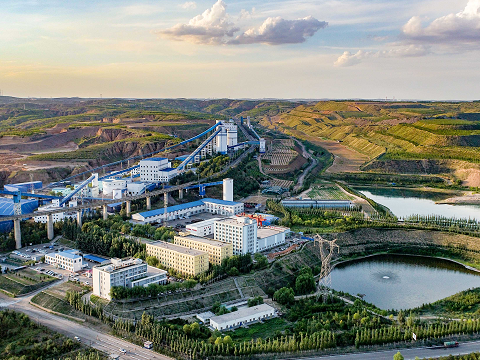
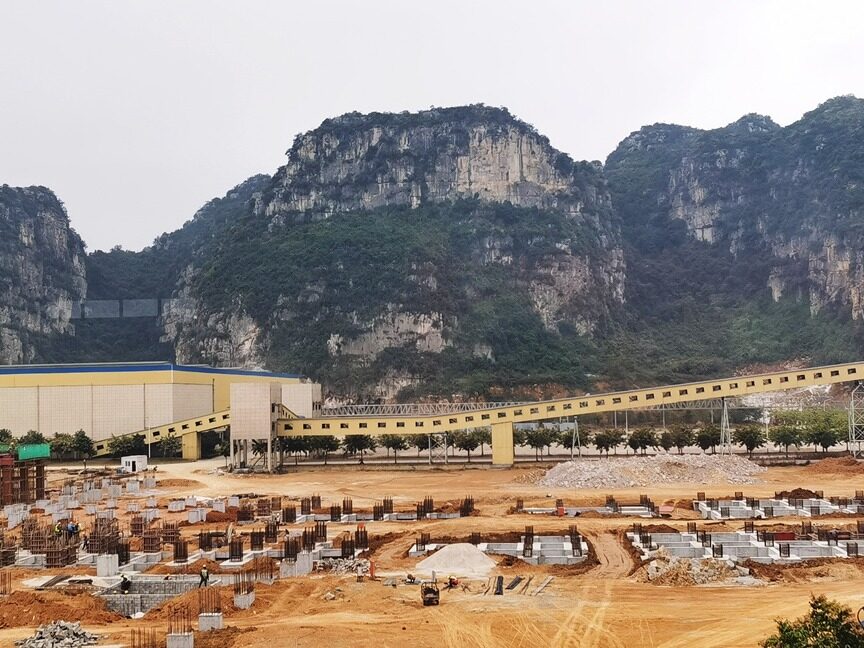
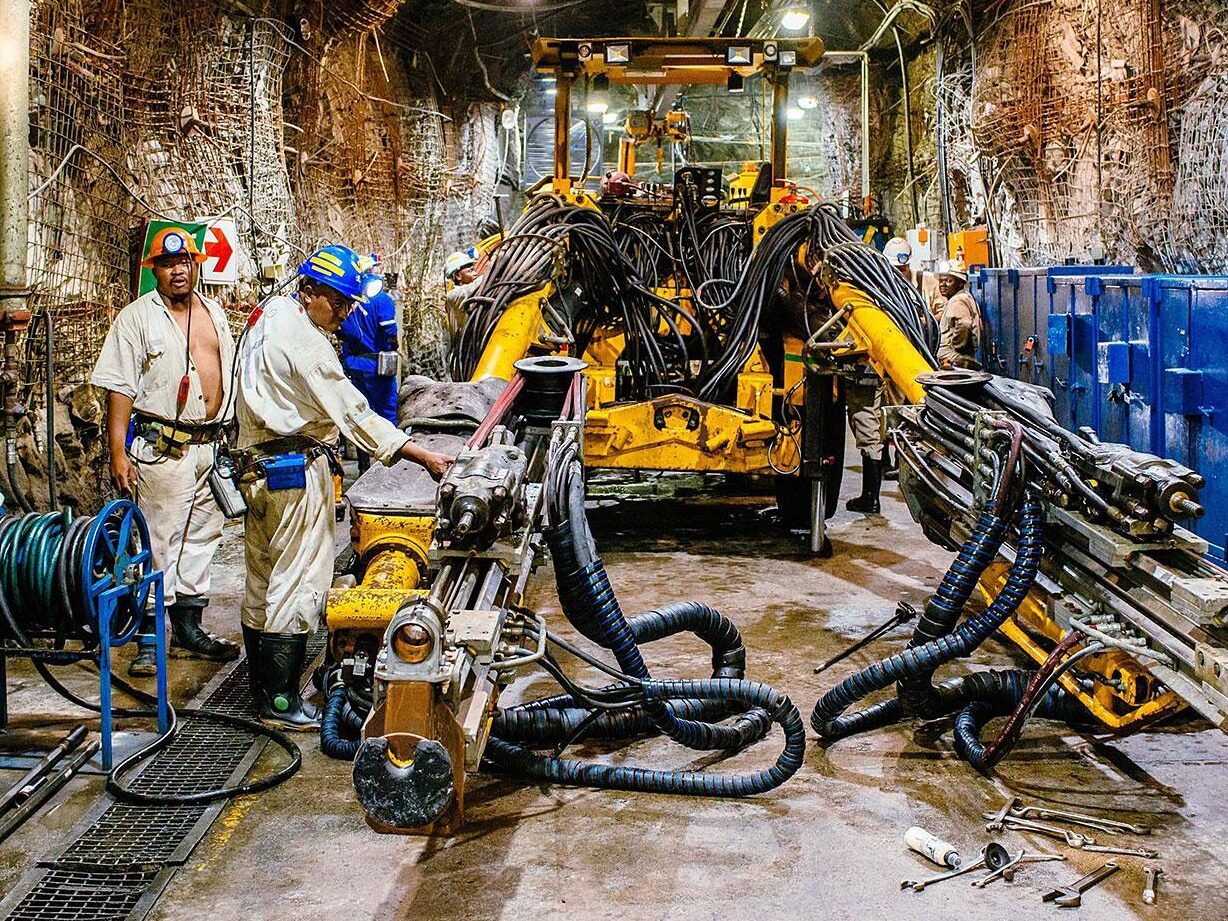
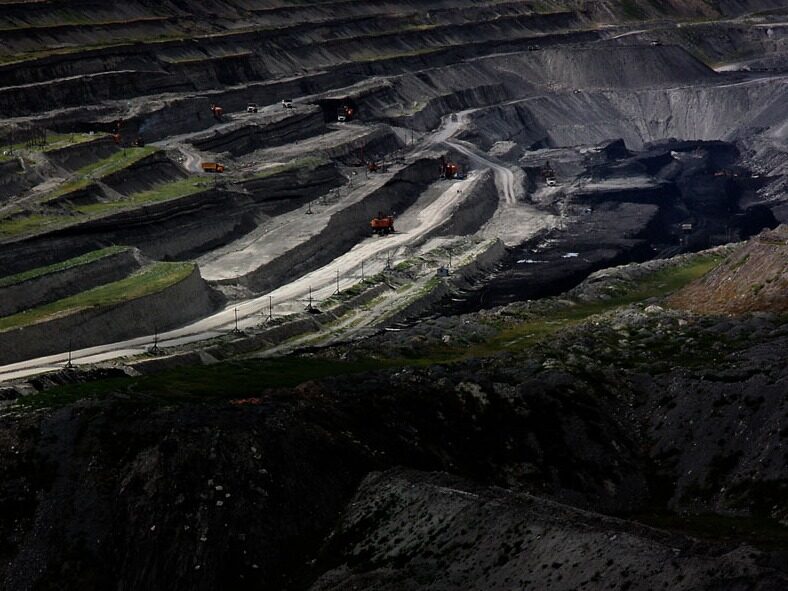
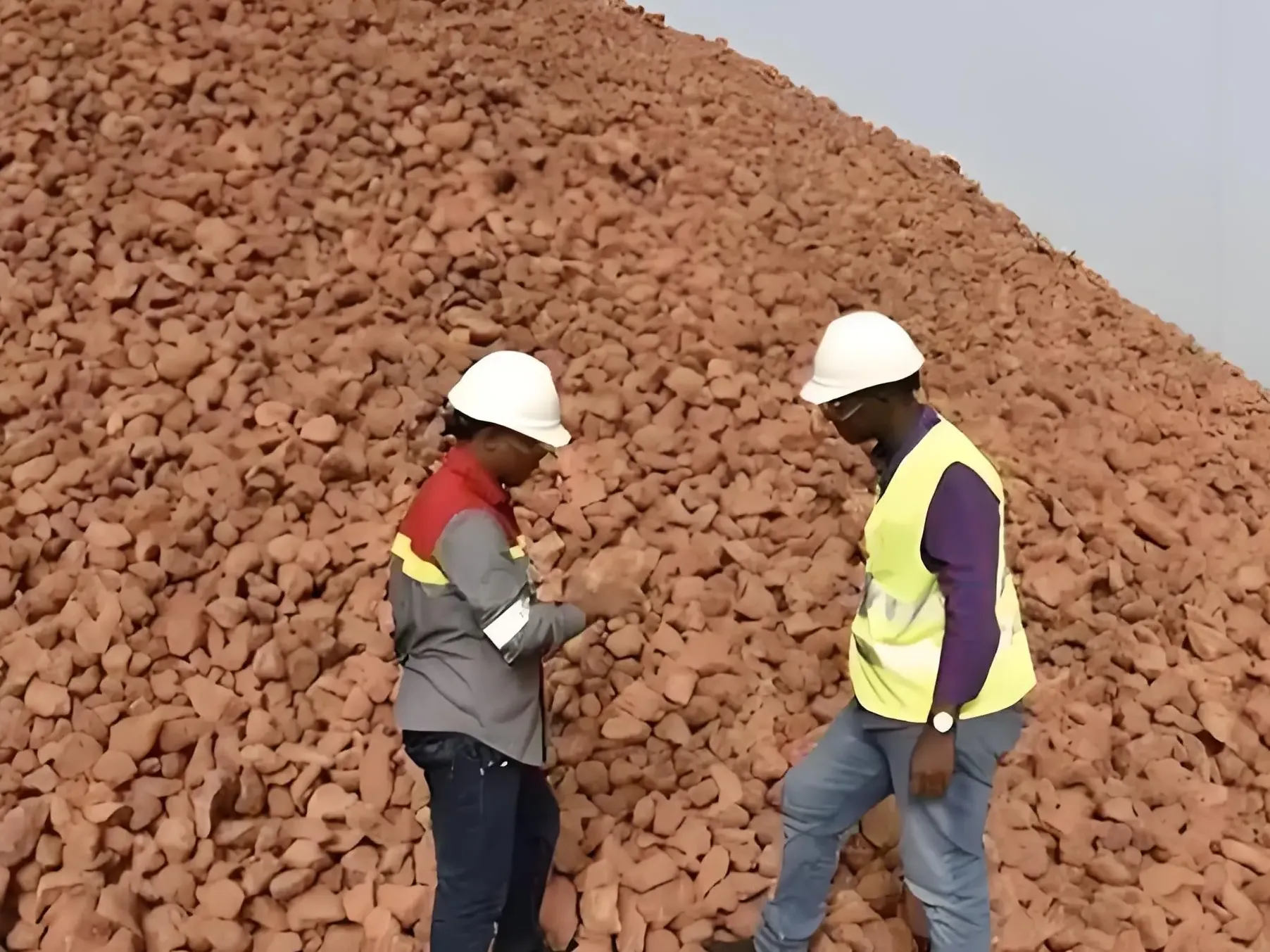
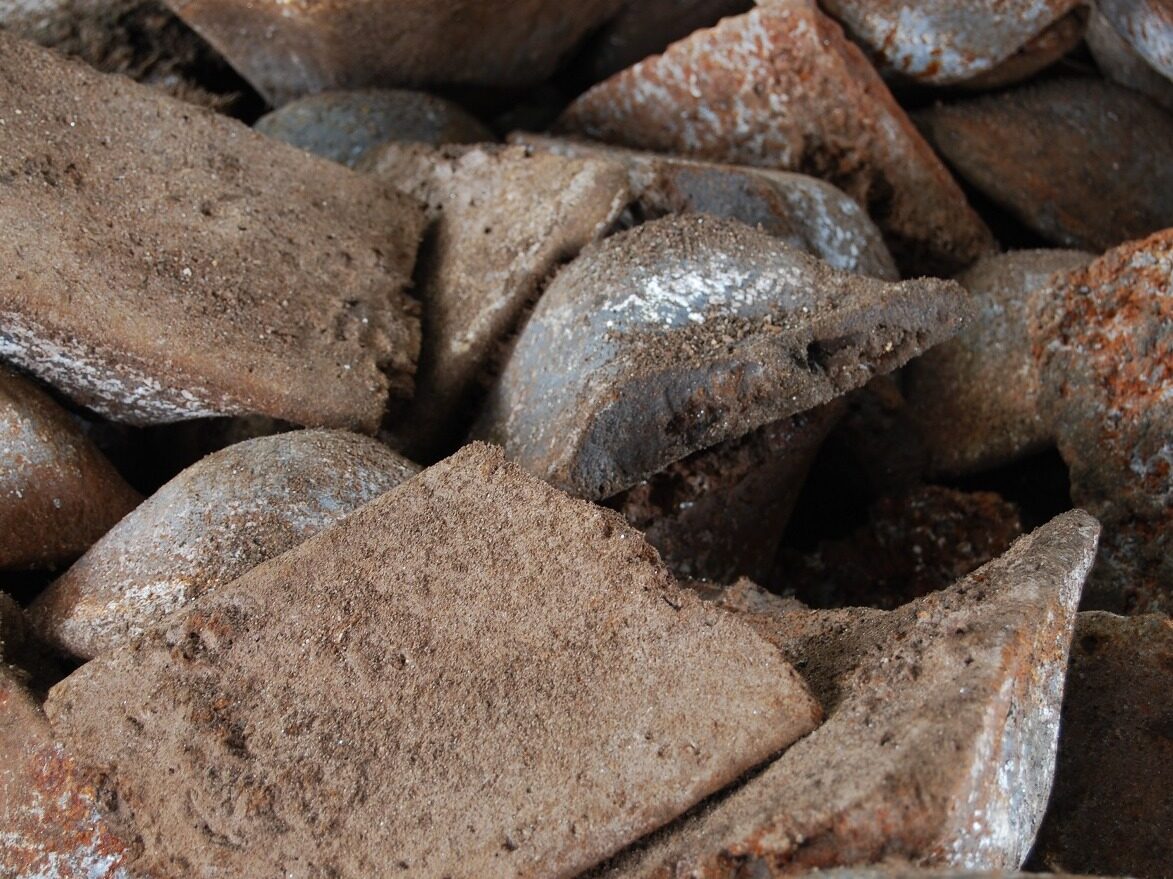






Write something~